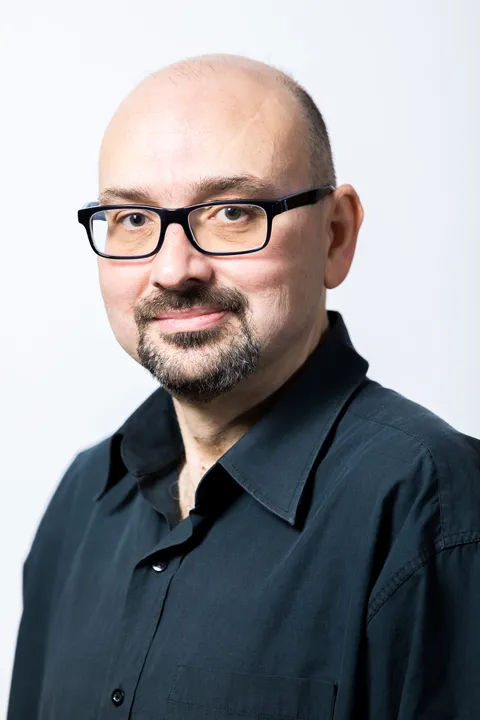
Materials and Processes
Advanced electronic/optoelectronic technologies designed to allow stable, intimate integration with living organisms will accelerate progress in biomedical research; they will also serve as the foundations for new approaches in monitoring and treating diseases.
Construction industry accounts for nearly 37% of global emissions of greenhouse gases. There is an urgent need to systematically transform the current supply chain to reduce the associated greenhouse gas emissions as well as exploring sustainable solutions in the long term. This offers an exciting opportunity to explore creative solutions including novel materials, processes and solutions to achieve these objectives. A promising enabler for reducing emissions when creating asphalt is the use of foamed bitumen. It has been noted that this technology reduces the energy required by around 20% compared to the traditional methods.The current challenges are in the area of design and optimisation of the production of foamed bitumen and the compaction mechanics of aggregates with foamed bitumen which this current project seeks to address. Working with our industrial partner, Astec industries, this project aims to develop and establish an experimentally calibrated multiscale numerical model that can predict the mixing and compaction mechanics of foamed bitumen with graded granular material. The model will integrate the mechanics at different length scales. Experimental programme will include time-resolved (4D) X-ray tomography to capture the micromechanics of the granular assembly.The potential applicant is expected to have/ acquire the following skills: understanding of fluid mechanics of mixing, compaction mechanics, numerical modelling, micromechanics of damage and deformation and undertaking experimental work in the laboratory. We would welcome applicants with background in any engineering discipline, applied physics or applied mathematics with at least some of the skills listed above.
This PhD project is advertised as a part of the Edinburgh Research Partnership in Engineering (ERPE), a joint partnership between the University of Edinburgh and Heriot-Watt University. The successful candidate will be supervised by a team consisting of academics from the University of Edinburgh, Heriot Watt University (HWU) and our industrial partner Astec industries. Some of the experiments involving micro x-ray CT system will be undertaken at HWU.
Supervision team
The successful candidate will be supervised by a multidisciplinary team based at the University of Edinburgh and Heriot Watt University: Principal supervisor: Dr Amer Syed, University of Edinburgh: https://eng.ed.ac.uk/about/people/dr-amer-syed Co-supervisor: Elli-Maria Christodoulos Charalampidou, Heriot Watt University: https://researchportal.hw.ac.uk/en/persons/elli-maria-christodoulos-charalampidou/ Assistant supervisor: Professor Jin Ooi, University of Edinburgh: https://eng.ed.ac.uk/about/people/professor-jin-ooi
This is a competitive funding opportunity. Open to candidates with UK home status only (assess your fee status following our guidance). Funding is available for 42 months and this project attracts enhanced stipend above UKRI rates (£21,935 per annum for 2025/26 academic year) as well as top up offered by our industrial partner. In addition, £5000 will be available for research and training purposes.
The selection process is in three stages:
- Interested candidates should contact Dr Amer Syed at Amer.Syed@ed.ac.uk by 16 January 2026 with their CV and a covering email.
- Potential candidates will be invited to an interview during week beginning 19 January 2026.
- Selected candidate will progress to Stage 2.
- Please do not complete application on the University of Edinburgh website unless you are selected in Stage 1.
- Selected candidate will complete a formal application including references to the University of Edinburgh by 30 January 2026.
- Candidate from Stage 2 will be invited to a second interview with an ERPE panel in weeks commencing 16th or 23rd February 2026.
The final outcome will be communicated no later than Wednesday 4th March 2026.
We expect the selected candidate to start their PhD no later than 1 July 2027.
- a 2:1 undergraduate degree (or equivalent).
- the University’s English language requirements.
The potential applicant is expected to have/ acquire the following skills: understanding of fluid mechanics of mixing, compaction mechanics, numerical modelling, micromechanics of damage and deformation and undertaking experimental work in the laboratory. We would welcome applicants with background in any engineering discipline, applied physics or applied mathematics with at least some of the skills listed above.
The project is offered through ERPE studentship and the outline has been approved for open advertisement. Funding will be subjected to the candidate being successful at the final stage of ERPE interview. The process in detail has been included in the further information section of the advert.
Applications are also welcomed from self-funded students, or students who are applying for scholarships from the University of Edinburgh or elsewhere.
- Management Strategy 4
- Management Strategy 5
- Product Data Management 3
- Operations Management 4

Vasileios Koutsos, FInstP, FIMMM, CEng MIMechE, FHEA, is a Professor (Chair in Soft Materials and Surfaces) with the Institute for Materials and Processes, in the School of Engineering. Formerly a Marie Curie Post-Doctoral Research Fellow at the Laboratory of Condensed Matter Physics in Collège de France (Paris, France, 1998-2000), he holds a BSc in Physics (Physics Department, Aristotle University of Thessaloniki, Thessaloniki, Greece, 1992) and a PhD in Polymer Science (Chemistry Department & Materials Science Centre, University of Groningen, Groningen, The Netherlands, 1997).
- Ph.D. in Polymer Science, University of Groningen, The Netherlands, 1997
- B.Sc. in Physics, Aristotle University of Thessaloniki, Greece, 1992
- Chartered Engineer and Member, Institution of Mechanical Engineers, CEng MIMechE
- Fellow, Institute of Physics, FInstP
- Fellow, Institute of Materials, Minerals and Mining, FIMMM
- Fellow, Higher Education Academy, FHEA
Current:
- Course Organiser of Industrial/European Placement 4 (MEng)
- Course Organiser of Professional Issues for Mechanical Engineers 3 (BEng/MEng)
- Final Year Mechanical Engineering Individual Project Supervision (BEng/MEng)
- Industrial/European Placement Supervision (MEng)
- Digital Design and Manufacture (DDM) M.Sc. Project Supervision
Major Past Teaching:
- Surface Engineering and Coatings 5
- Polymers and Composite Materials 4
- Polymer Science and Engineering 5
- Dynamics 4
- Advanced Materials 5
- Nanotechnology 5
- Thermodynamics 2
- Mechanical Engineering 2nd Year Laboratory; 12 experiments in dynamics, thermodynamics, fluids, and structures
- Polymers, Complex Fluids, and Soft Condensed Matter
- Surfaces and Interfaces
- Materials Science and Engineering
- Composites and Nanocomposites
- Recycling and Sustainability
- Adhesion and Tribology
- Mechanics of Materials
- Thin Films and Coatings
- Materials for Energy
- Materials for Biomedical Applications
- Self Assembly of Polymers and Nanoparticles on Surfaces
- Surface Metrology and Characterisation
- Atomic Force Microscopy (AFM)
- Soft Coatings
- Elastomers and gels
- Micro/nanomechanics
- Wettability of Surfaces, Wetting, Dewetting
- Additive manufacturing
- Electrospinning
- Deputy Head of the Institute for Materials and Processes (IMP)
- Deputy Director of Mechanical Engineering
- Link to Google Scholar
- Link to Linkedin
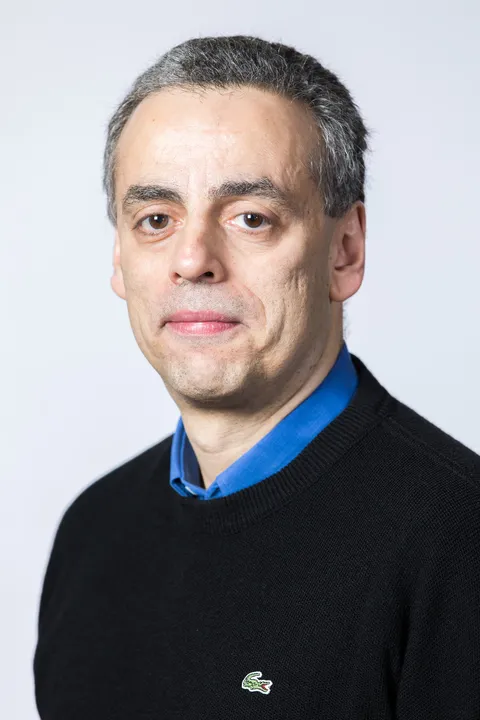
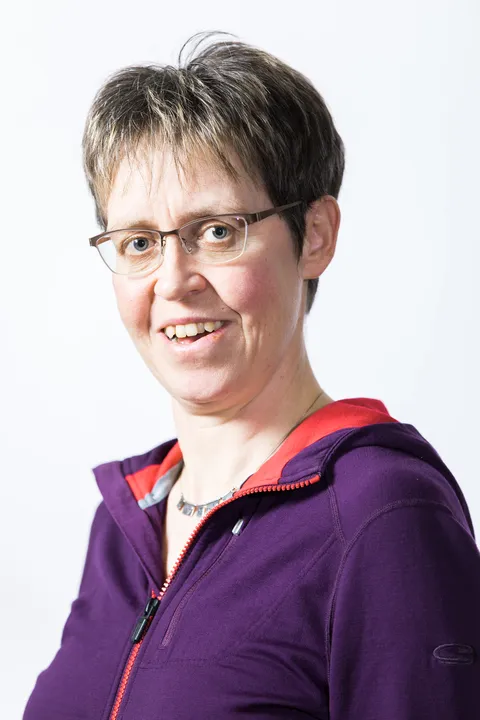
- PhD (Sheffield)
- Ice and snow mechanics
- Winter sports engineering (skiing, curling)
- Casting, forming, heat treatment, HIPping
- Avalanches, ice friction
- Processing/microstructure/property relationships in metals
- High temperature alloys, intermetallics and coatings, metal foams
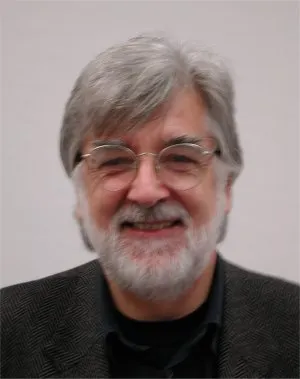
- MA, DPhil, DSc (Oxford)
- CEng, FRSC, FIMMM, FREng, FRSE
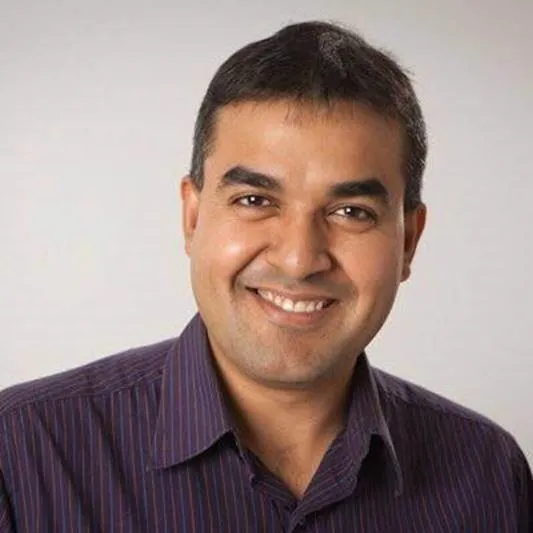
Prof Dr Bindhu Gururajan is Senior Principal Scientist (Fellow) for Formulation and Process Development and a High Performance Pharmaceutical Development Formulation Project Leader in Novartis Pharma, Basel, Switzerland. He has done his Masters in Chemical Engineering from Indian Institute of Technology Delhi and PhD in Chemical Engineering from The University of Birmingham, U.K. Later did his Post-Doctoral research in Pharmaceutical Sciences with University of Greenwich, U.K. based in Pfizer Research Center, Sandwich site on granulation process scale up and modelling. He is an Internationally recognised Pharmaceutical Granulation Expert. He has two decades of hands on practical experience in drug development and delivery by working for four major pharmaceutical company namely Merck, Pfizer, AstraZeneca and Novartis in his career. He is active senior committee member of the Particle Technology Subject Group of Institute of Chemical Engineers (IChemE). He is certified Chartered Engineer and Chartered Scientist. Fellow of Royal Society of Chemistry, Institute of Chemical Engineers and Academy of Pharmaceutical Sciences. Master Black Belt in Lean Six Sigma for quality management system.
He holds several patents for inflammation and oncology (cancer) drug product formulations and widely published in the granulation process research area. He developed the formulation and manufacturing process for two recent breast cancer product Kisqali and Piqray to improve patients life. He is currently work on late phase oncology project in particular formulation and process development by applying Chemical Engineering first principles approach.
2000 - 2004: PhD Chemical Engineering, The University of Birmingham, U.K. 1998 - 2000: MS (by Research) Chemical Engineering, Indian Institute of Technology Delhi, India 1994 - 1998: B.Tech Chemical Engineering, Sri Venkateswara College of Engineering, University of Madras, India
Memberships: CEng, CSci, FIChemE, FRSC, FAPS
